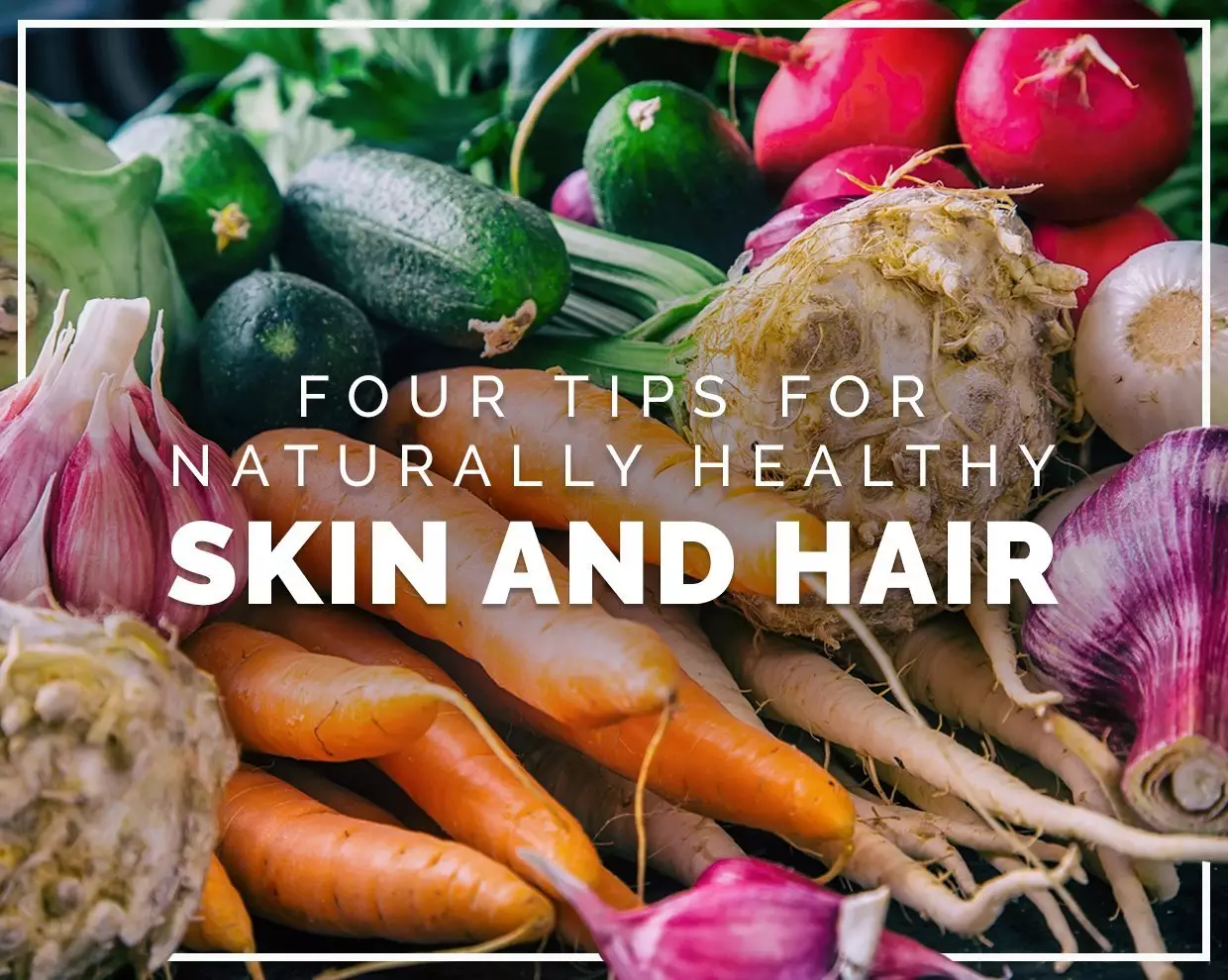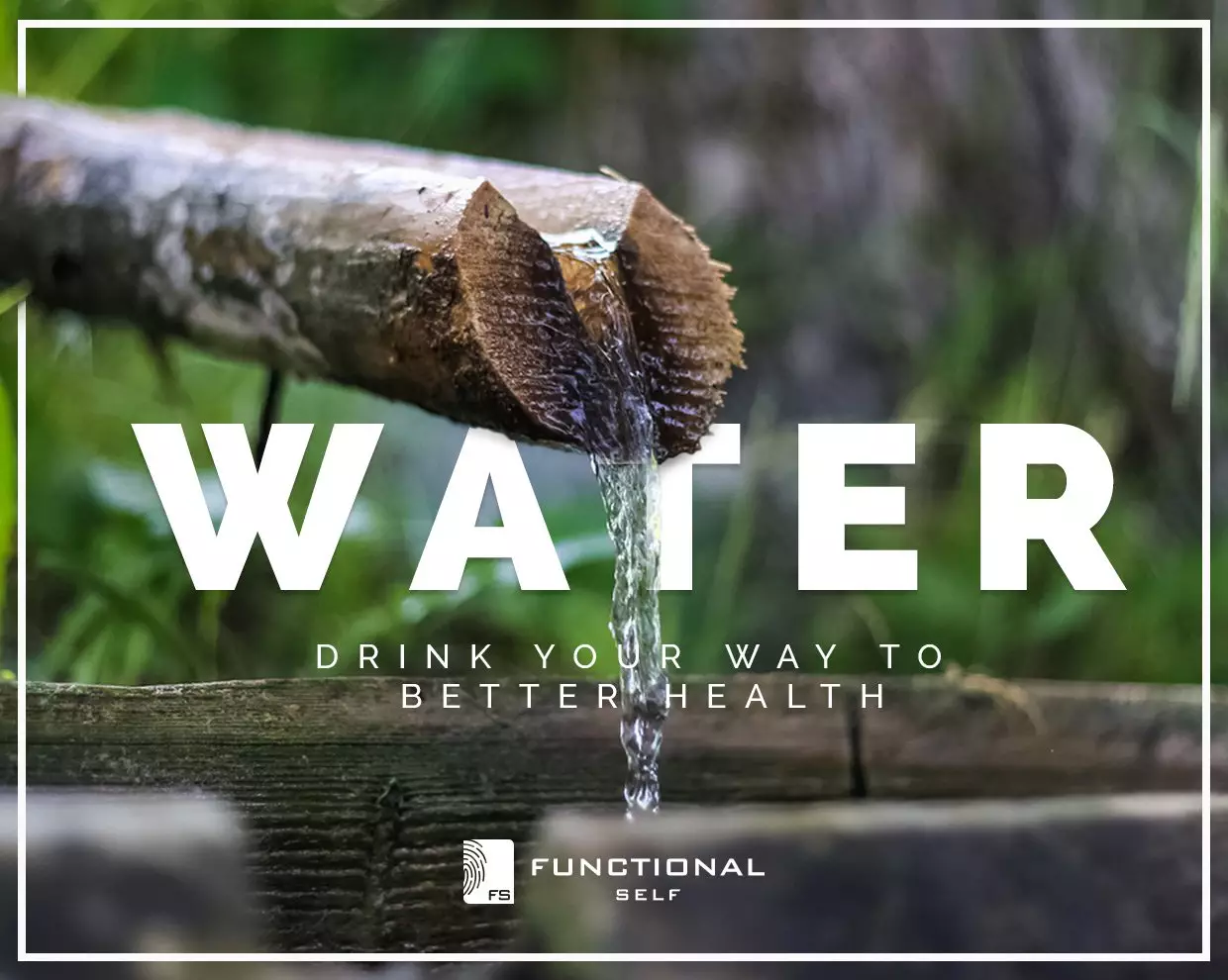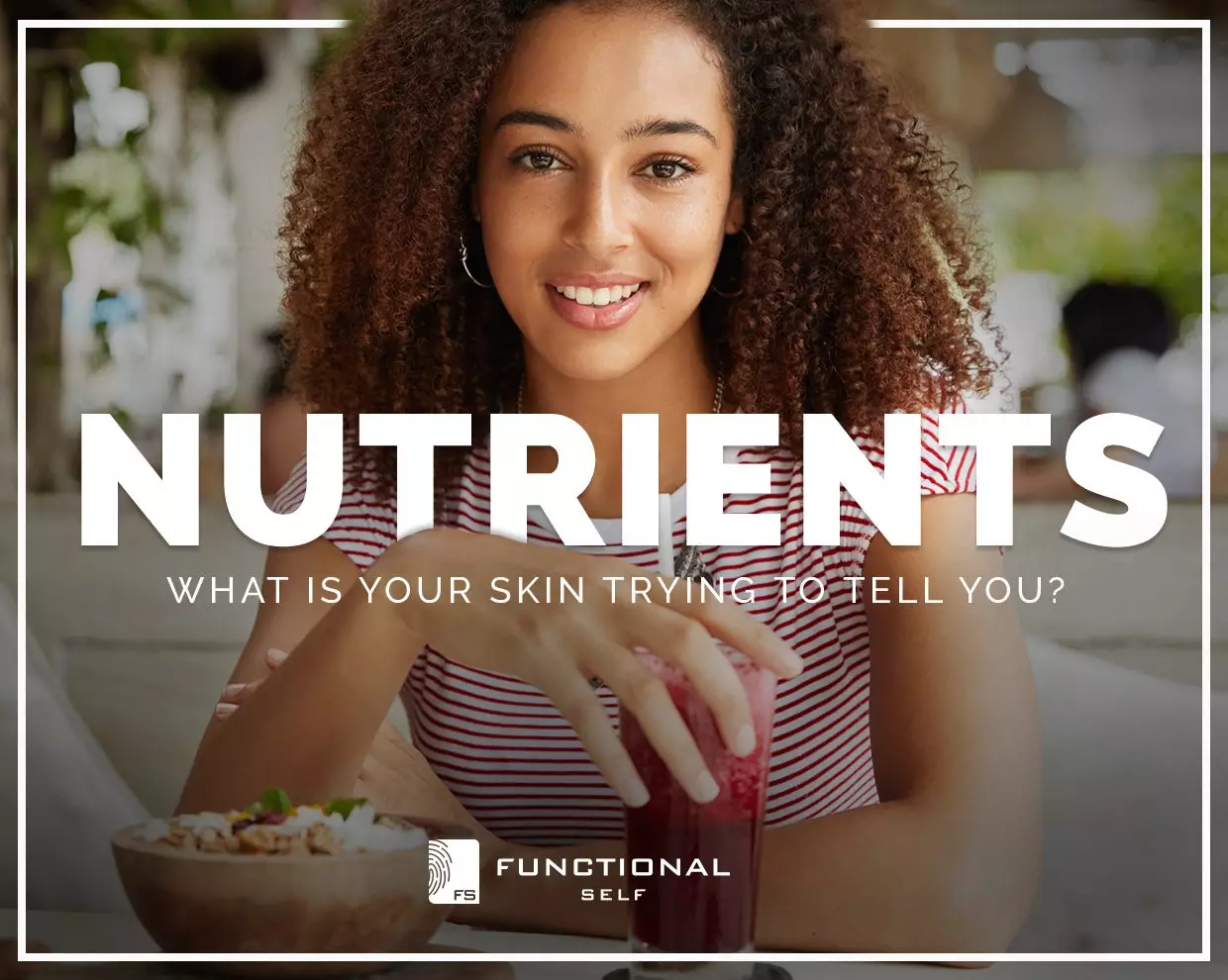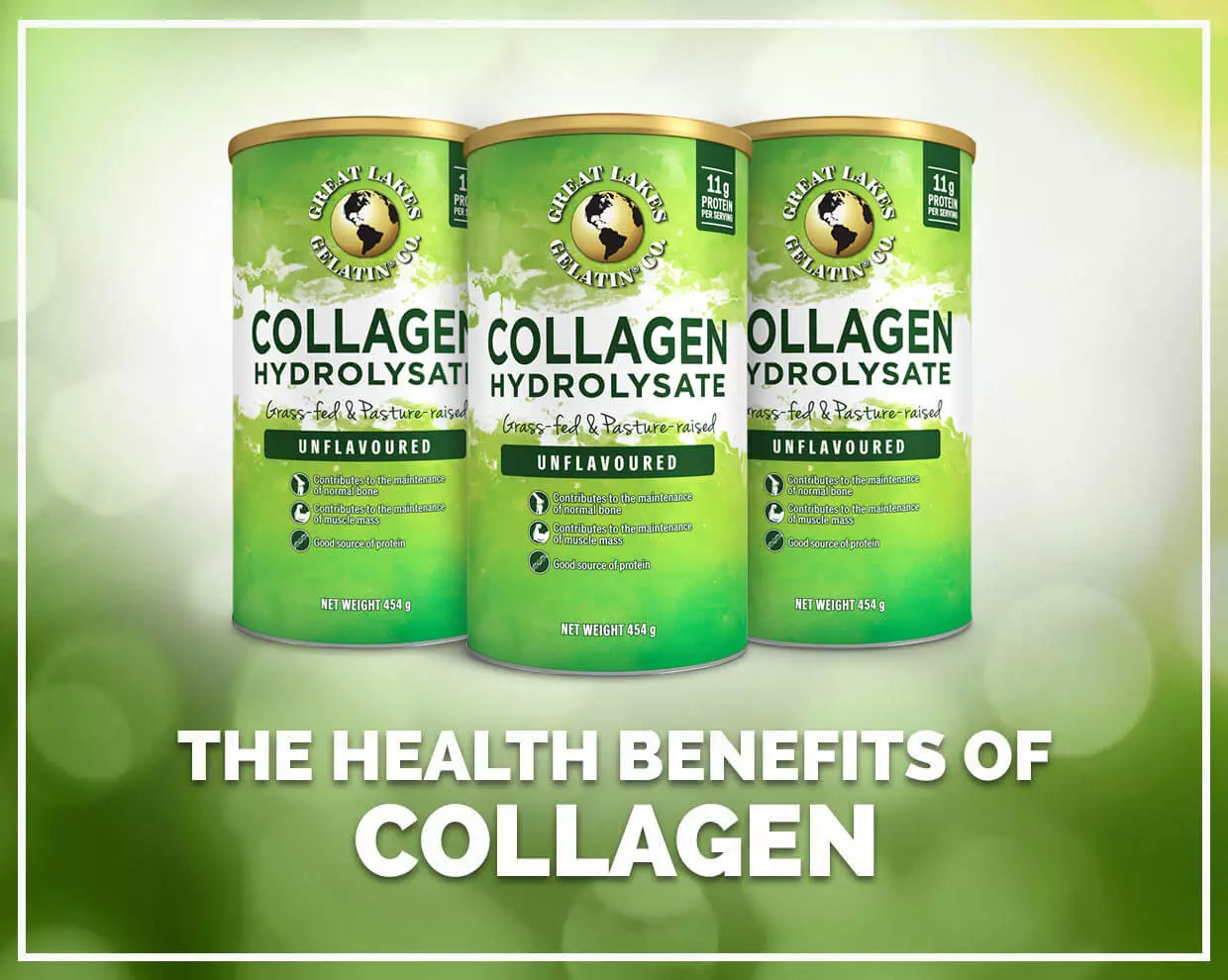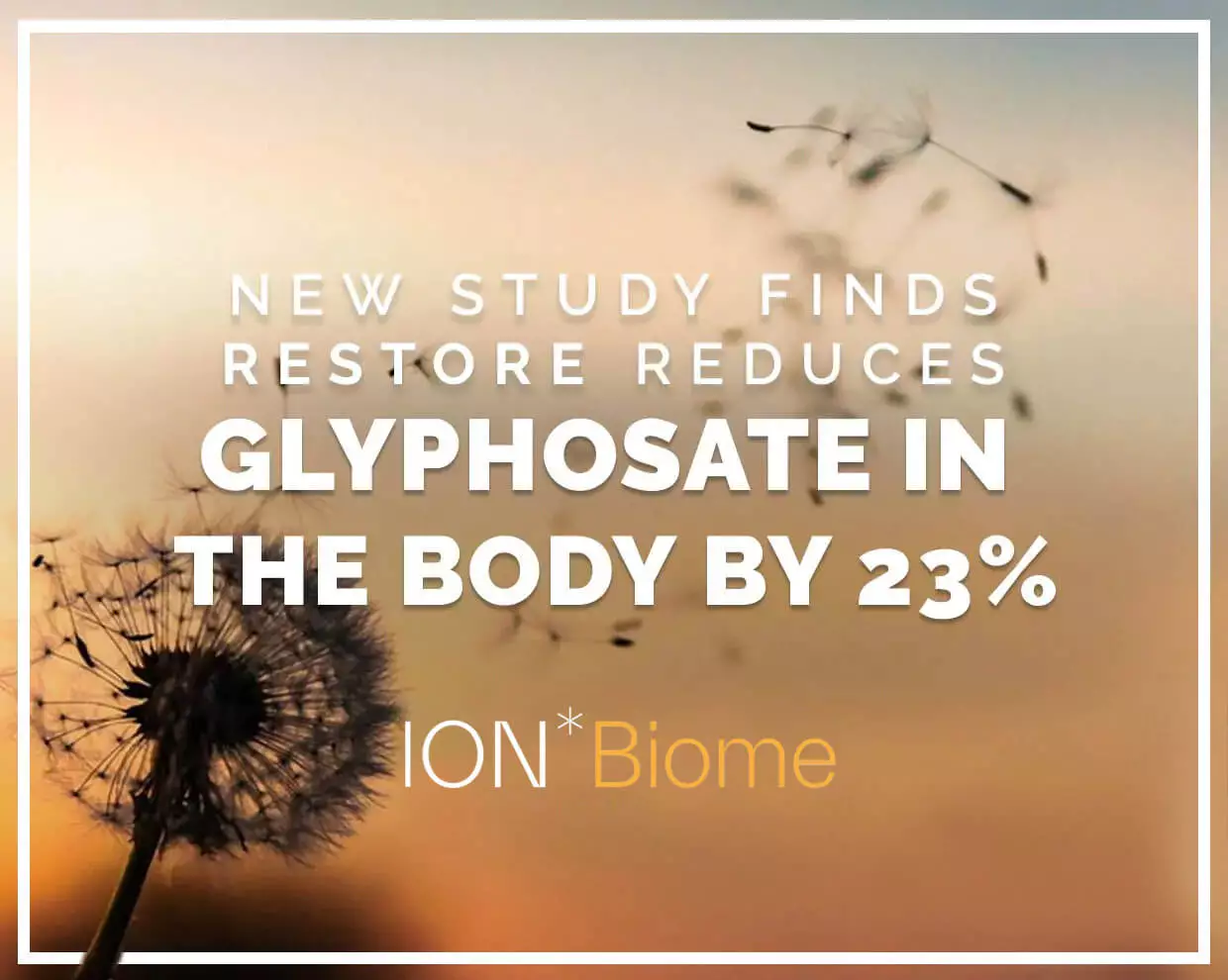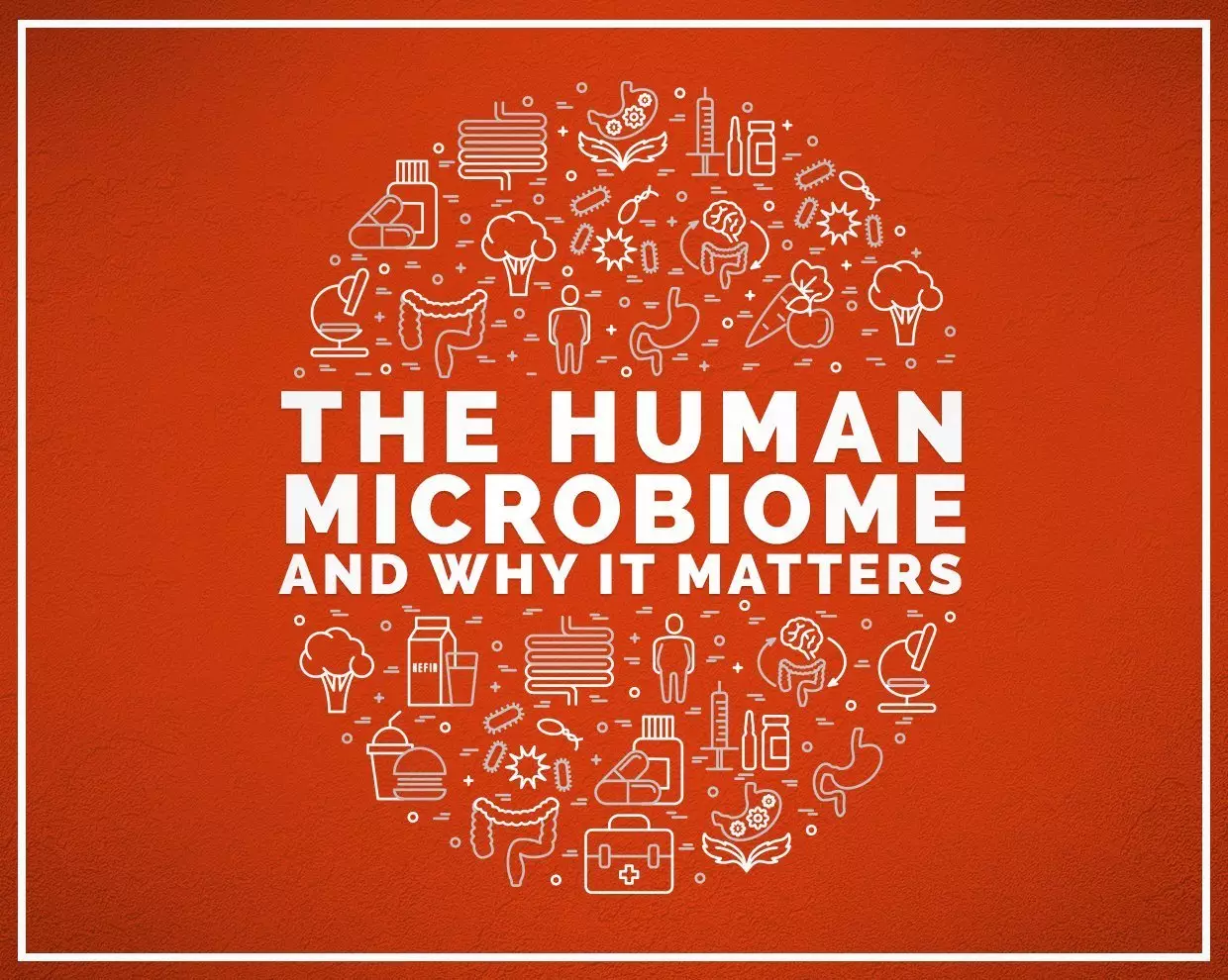Wondering how you can improve the health of your skin and hair? Eating well, keeping hydrated, boosting dietary collagen, and looking after your microbiome all contribute to skin health and overall wellbeing. Our four top tips cover the latest science around skin health, the best foods for radiant skin, and how to protect your skin’s microbiome.
Tip #1: Choose nutrient-rich foods with lots of antioxidants
The foods you eat provide nourishment for your entire body, most visibly to your skin and hair. If you would like to eat your way to glowing skin and healthy locks, opt for nutrient-dense whole foods like fresh fish, organic meats, healthy fats, and a wide range of seasonal fruit and vegetables. We especially love berries, citrus fruits, root vegetables and leafy greens, as these delicious foods provide antioxidants which help to prevent oxidative damage within your entire body, including in your skin cells and hair follicles.
‘Free radicals’ are unstable molecules that are thought to be one of the major contributors to ageing of our skin(1), as well as the rest of our body.(2) Antioxidants have been shown to inhibit the cellular damage caused by these free radicals - in some cases actively scavenging free radicals in the body.
This means antioxidants have the potential for promoting the health of your skin and hair by limiting the damage caused by age-associated oxidative stress. Research into ‘functional foods’ has shown that natural, food-based sources of antioxidants provide the best defense against free radicals(3).
Vitamin C is an antioxidant and important micronutrient that you need to get from your diet in the form of citrus fruits and leafy greens. In addition to its strong antioxidant profile, Vitamin C is also vital in collagen production - another key part of maintaining healthy skin (find out more about collagen below!).
As well as upping your Vitamin C intake, there are many other dietary antioxidants to consider for for optimal skin health. These include Glutathione (our ‘master antioxidant’), selenium, Vitamin E, beta-carotene and other carotenoids as well as a whole range of flavonoids and other beneficial ‘phytochemicals’, for example sulforaphane which we wrote more about here.
Phytochemicals are natural, biologically active compounds found in plants. One phytochemical group that is particularly abundant in beneficial antioxidants is ‘polyphenols’. Some examples of polyphenol-rich foods include turmeric which contains the plant polyphenol ‘curcumin’, dark chocolate which contains a wide range of flavonoids, coffee which contains phenolic acid, and beetroot which contains both flavonoids and other polyphenols.
There are more than 8000 plant polyphenols identified in nature. Recent research has shown that dietary polyphenols may provide a range of health-promoting properties, which go beyond the benefits to your skin and hair. There are studies which show polyphenols help with healthy ageing, insulin-resistance and diabetes, cardiovascular disease and also provide neuroprotective benefits(4).
These health-promoting effects are thought to relate to the antioxidant activity of polyphenols. There is a comprehensive database of the polyphenol content of foods which you can browse through here.
Bottom line: To improve your skin, hair and overall well-being try upping your intake of antioxidant-rich foods, including a wide variety of seasonal fruit and vegetables in your diet.
Tip #2: Honour your thirst
Keeping well-hydrated improves the tone and elasticity of the outer layer of your skin, which contributes to it looking smooth and radiant. Even partial dehydration can lead to a loss of elasticity in the skin - a recent study found that drinking enough water increased the hydration of the ‘stratum corneum’ of your epidermis (a.k.a. the outermost layer of your skin)(5). The same study also reported benefits to "deep" skin hydration, which is where your hair follicles are located.
Instead of drinking a specific amount of water each day, it is more important to listen to your body and drink to thirst. Your hydration needs will be different depending on what you are doing, what you are eating, and the climate you are in. To keep hydrated, we opt for natural spring water or properly filtered water, ideally served in a glass or a stainless steel bottle. We choose stainless steel and glass over plastic because of the potential for BPA or BPS exposure. BPA is a harmful chemical which can mimic estrogen in the body and disrupt hormone levels, which is unhelpful if you are trying to promote great skin and hair. We wrote more about single-use plastic water bottles and honouring your thirst in our hydration blog.
The quality of your drinking water makes a big difference to your skin health and overall well-being. We suggest filtering your drinking water because tap water contains chlorine which is added to keep the public water system clear of pathogens. However this can also be harmful to the beneficial bacteria in your mouth and gut, disturbing your natural microbiome. (We wrote more about the human microbiome here).
Bottom line: Listen to your body and drink to thirst for optimum skin. Focus on the quality and purity of your drinking water.
Tip #3: Look after your skin’s microbiome
Your skin has its own unique microbiome, a community of bacteria, viruses and fungi that live on the surface of the skin as well as in the hair follicles. Chlorinated water, antibiotic-use, synthetic clothing, cosmetics and hygiene products all have the potential to disrupt the delicate ecosystem of the skin microbiome(6).
When it comes to skincare, we are huge advocates of the Alitura range of products. In our view Alitura make some of the most well thought out, nutrient-dense, and highly effective skincare products on the market. Alitura don’t use harmful chemicals such as parabens and phthalates, instead focusing on natural, organic skin-friendly ingredients that work in harmony with nature and your skin’s microbiome.
While you are looking after the microbiome of your skin, you also need to take care of the community of microbes that reside in your gut. The gut microbiome and the lining of your gut need particular attention because of the link between intestinal permeability and inflammatory skin conditions like acne, psoriasis, eczema and other forms of dermatitis. We wrote more about this topic in our recent blog, good health begins in the gut
Bottom line: Protect your skin’s microbiome with natural skincare products, chlorine-free water and probiotics for the skin.
Tip # 4: Boost your collagen levels
Collagen is what gives skin its fullness and plumpness, and helps your skin’s repair process. You make collagen from the amino acids in your diet, which come from protein-rich foods like bone broth, meats and eggs. These functional foods promote healthy skin and hair by giving you the amino acids you need for collagen production. Collagen biosynthesis also requires adequate levels of Vitamin C, an important cofactor for the enzymes you use to make collagen.
Collagen supplementation is a great way of ensuring that you are getting all the amino acids you need for naturally healthy skin and hair. There is research showing that collagen supplementation improves your skin tone and elasticity, as well as strengthening joints, bone, ligaments and tendons. One study found that collagen supplementation “reduced skin wrinkles and had positive effects on dermal matrix synthesis”(7). Our favourite collagen is Great Lakes Wellness. Their Collagen Hydrolysate is a premium collagen product which provides 20 different amino acids to aid the healing and repair of connective tissue. This is particularly important as we age, as our ability to produce collagen depletes from our mid-twenties, leading to fine lines and wrinkles. We have written more about the benefits of collagen here.
Bottom line: Make sure you are getting the right amino acids in your diet with collagen-rich foods or supplementation.
----------------------------------
We hope these tips will help you to improve the health of your skin and hair. Choosing natural whole foods, keeping hydrated, looking after your microbiome and boosting dietary collagen should get you well on your way to radiant skin and healthy hair. If you are interested in exploring your personal health needs, including testing for any reactive foods or intolerances then please get in touch on our contact page for more information.
References
1. Free Radicals and Extrinsic Skin Aging
2. The Free Radical Theory of Aging Matures
3. Free radicals, antioxidants and functional foods: Impact on human health
4. Potential Health Benefits of Olive Oil and Plant Polyphenols
5. Does dietary fluid intake affect skin hydration in healthy humans? A systematic literature review.
6. The skin microbiome
7. Oral intake of specific bioactive collagen peptides reduces skin wrinkles and increases dermal matrix synthesis

 NZ Store
NZ Store  UK Store
UK Store AU Store
AU Store EU Store
EU Store

